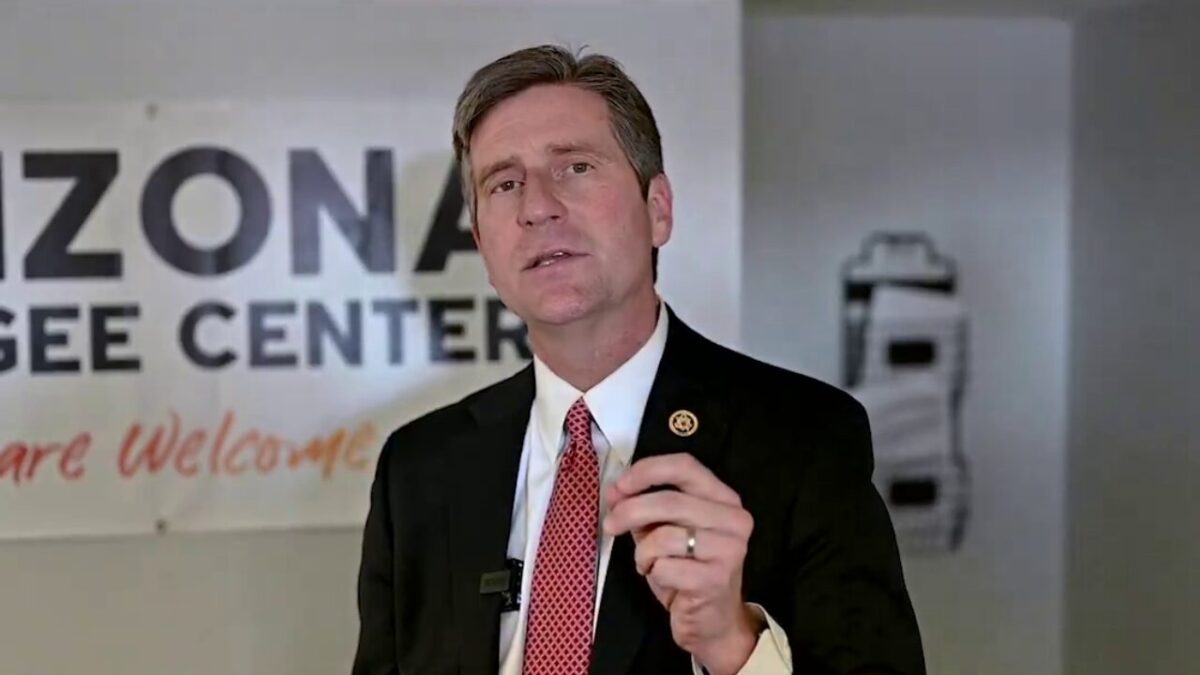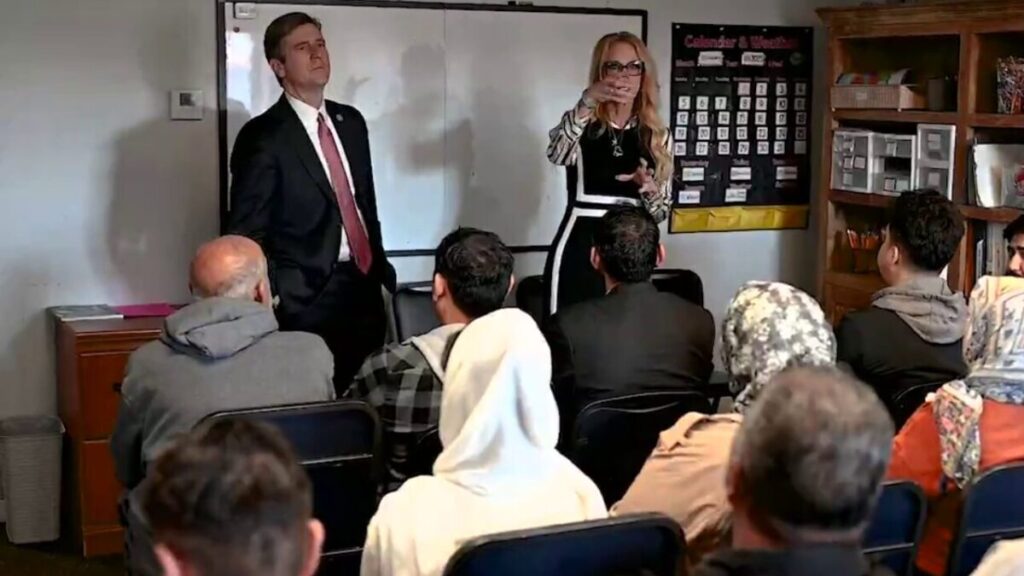According to a joint statement from both countries, Xi Jinping and Asif Ali Zardari urged the interim government of Afghanistan to combat terrorist groups.
Pakistan President Asif Ali Zardari, during a meeting with his Chinese counterpart Xi Jinping, in Beijing, discussed Afghanistan’s integration into the international community and the process of sustainable development.
According to a joint statement from both countries, Xi Jinping and Asif Ali Zardari urged the interim government of Afghanistan to combat terrorist groups.
Pakistan’s Foreign Ministry spokesperson, Shafqat Ali Khan, said about the meeting: “The two sides agreed to maintain close communication and coordination on issue of Afghanistan and result to play a constructive role in helping Afghanistan achieve stable development and integrate into International Community.”
Meanwhile, some political analysts believe that regional countries, particularly China and Pakistan, play a constructive role in Afghanistan’s stability.
“Regional and neighboring countries of Afghanistan, such as China, Russia, India, Pakistan, and Iran, have always sought to expand their relations with Afghanistan and connect it with the global community. They have demanded necessary changes in Afghanistan, so this matter [of expanded relations] depends on the future actions of Afghanistan’s current rulers and how they respond to the demands of the international community,” said Najib Rahman Shamal, a political analyst.
“Stability in the country [Afghanistan] benefits both nations. Afghanistan’s stability contributes to Pakistan’s political, economic, and social development, while Pakistan can also help Afghanistan develop in various sectors,” said Omar Nuhzat, another political analyst.
Although Pakistan has always expressed concerns about the presence of terrorist groups in Afghanistan, the Islamic Emirate once again pledged that Afghan soil will not be used against other countries.
The deputy spokesperson of the Islamic Emirate, Hamdullah Fitrat, told TOLOnews: “We appreciate countries that have good intentions for Afghanistan and are thinking about its stability. We also want to play a role in regional stability, regional cooperation, and development. We seek peace and stability in the region, and no one should feel threatened by Afghanistan.”
Since the Islamic Emirate came to power, China has been one of the countries that has maintained its relations with Afghanistan, with representatives visiting Afghanistan from time to time. However, on the other hand, relations with Pakistan have never been free of challenges.
 Afghanistan Peace Campaign
Afghanistan Peace Campaign

